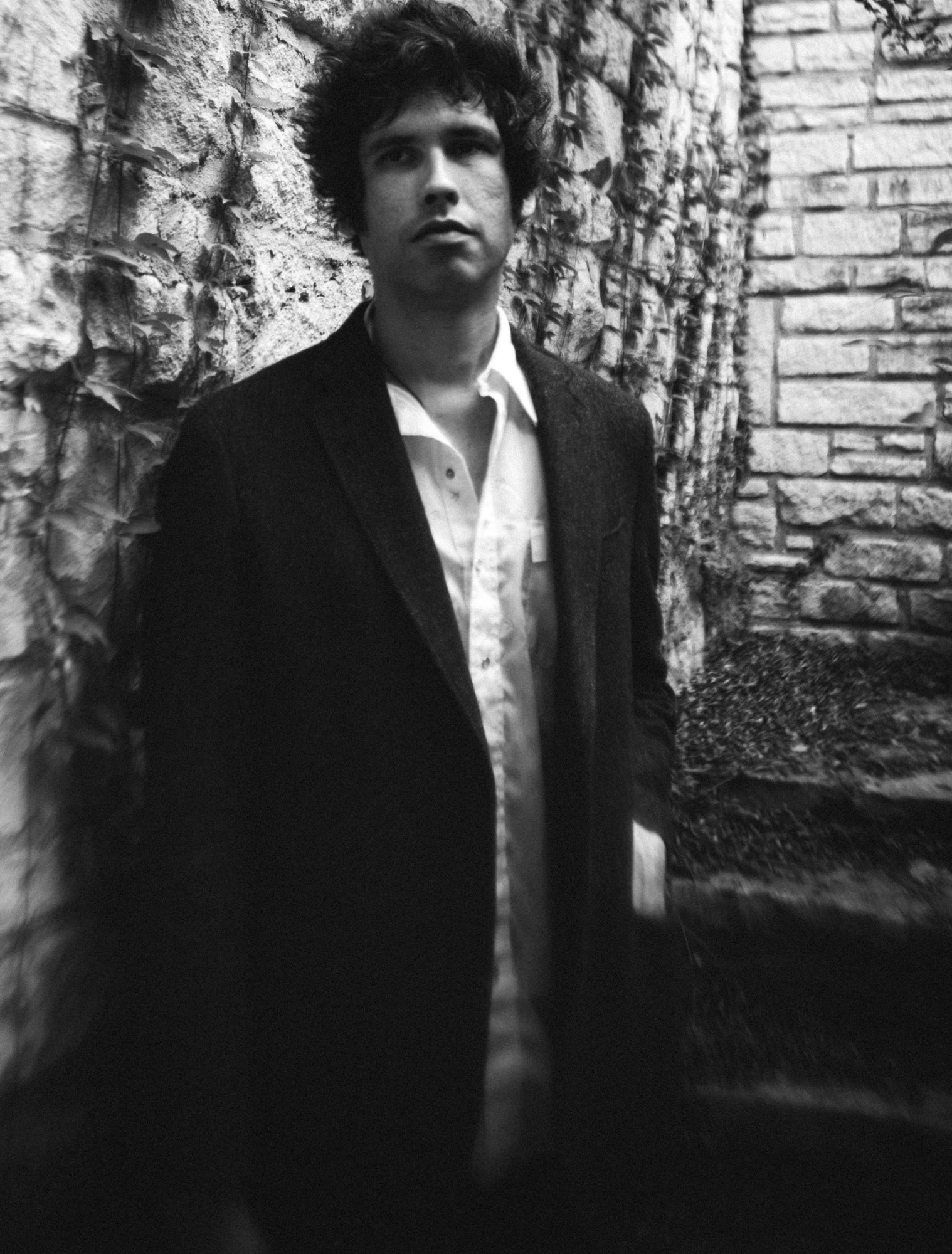By SAMIRA AZZAM
Translated by RANYA ABDELRAHMAN
Slowly, we raised our heads as hellish cries echoed in our ears, and we looked up in awe and fear. The sky was a summery blue with no trace of a cloud, and the sun had spread out, occupying every corner. We lowered our gazes, licking our bluish lips as we exchanged panicked glances. Our cracked feet were rooted to the furrowed mud, as if our slightest movement might stir up the screeching. We chewed over our terror for a few minutes, our parted lips emitting silence. Our mounts were as terrified as we were, and they scattered around the courtyard at the inn, fear spurring them to shake off the torpor of the midday heat.













